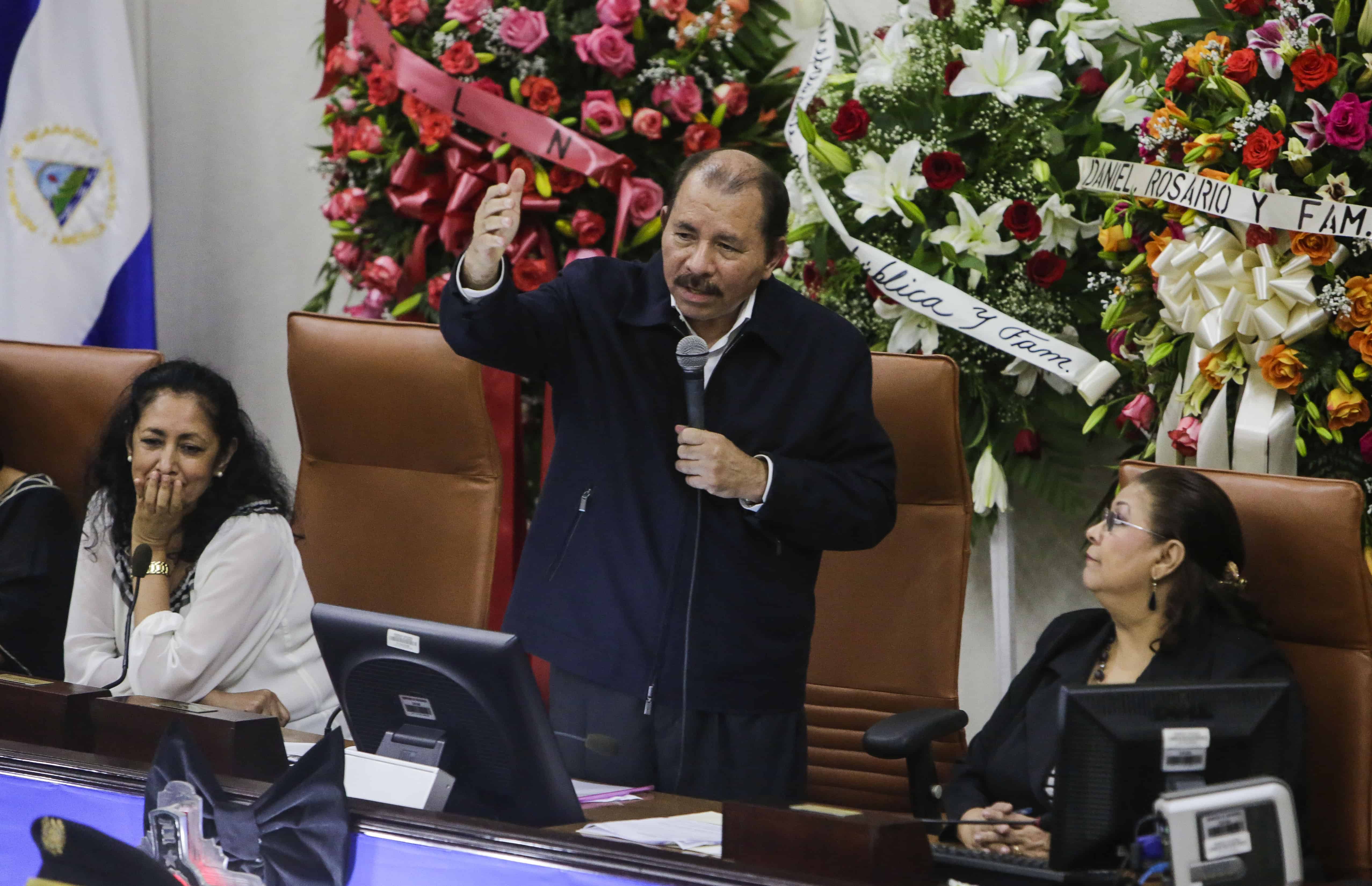Nicaraguan politicians and economists expressed concern Thursday after the United States House of Representatives passed a bill calling for economic sanctions against Daniel Ortega’s government for restricting free elections and curbing political freedoms.
The Nicaragua Investment Conditionality Act (NICA) was passed unanimously Wednesday in the U.S. House of Representatives. The Senate would have to pass the bill and President Barack Obama would have to sign it in order for the bill to become law.
According to Florida Republican Rep. Ileana Ros-Lehtinen, the bill’s main sponsor, the law looks to “stop Ortega from accessing international funds until he adopts reforms that promote democracy, strengthen the rule of law, respect human rights, and celebrate free, fair, and transparent elections supervised by electoral observers.”
“It’s unfortunate, but this is the result of the misrule under Ortega, who has been building a dictatorship disrespecting all human rights,” Violeta Granera, an ex-candidate for the vice presidency told AFP.
On the wrong track
The main Nicaraguan opposition candidate was banned earlier this year from the Nov. 6 general elections, in which President Ortega of the Sandinista National Liberation Party (FSLN) is seeking a third consecutive term. Opposition leaders have called this year’s elections an “electoral farce.”
The opposition has said it will continue to try and undermine Ortega’s reelection plans by intensifying calls for abstention and protest, hoping to force a new election with international observation and an impartial electoral tribune. They also made an effort this week to reorganize under an expanded coalition.
Nicaragua receives $250 million in loans annually from entities like the World Bank and the International Development Bank. The NICA bill making its way through the U.S. Congress is aimed at making it more difficult for Nicaragua to receive such loans on a long-term basis by leveraging U.S. influence on international lenders.
Ortega’s government responded Thursday in a news release to the U.S. House’s vote on the bill, saying it was a “violation of international law and the United Nations charter.”
Nicaraguan opposition reorganizes
On Thursday, Nicaraguan opposition parties announced the creation of a new “Broad Front” party that brings together the country’s conservative parties with Sandinista dissidents and other opponents of Ortega’s administration.
Leaders hope the new alliance will revive the opposition’s chances of defeating Ortega.
“The goal is to unify all the government opponents to speak out against the wrongs of this electoral process,” said Fabio Gadea, the 2011 presidential candidate for the Independent Liberal Party (PLI).






